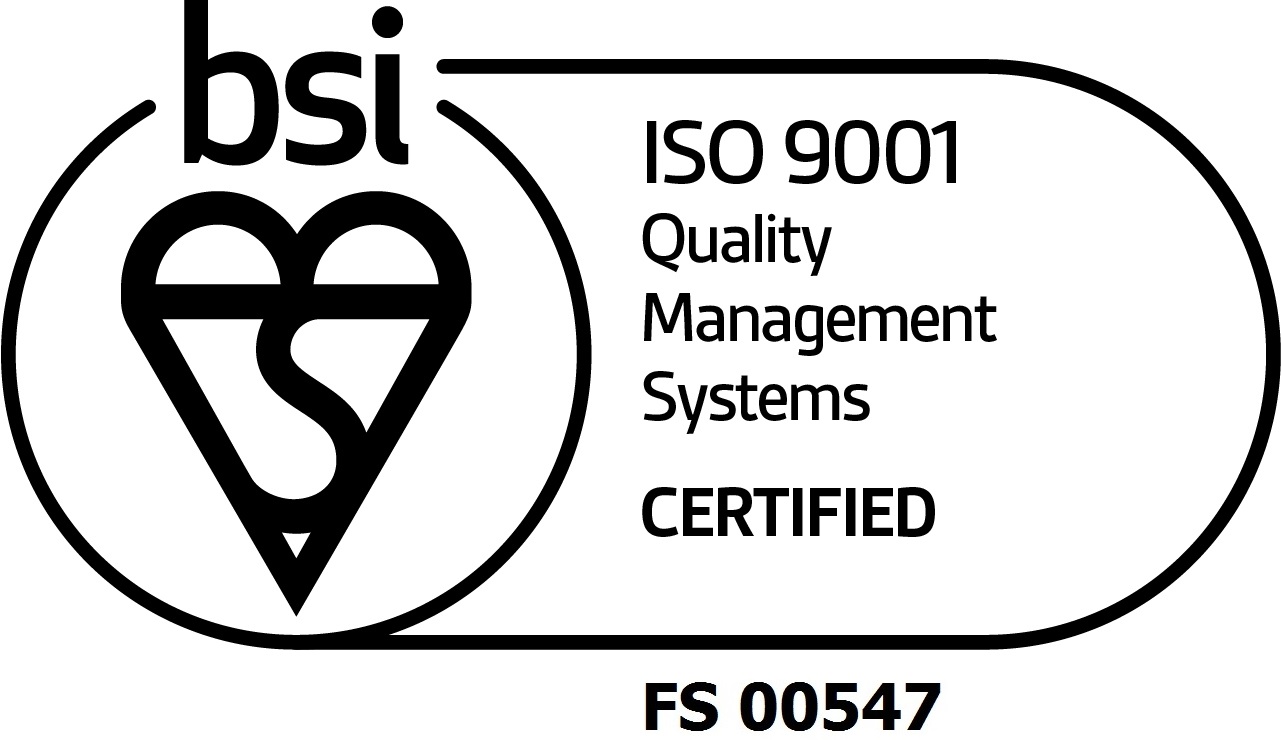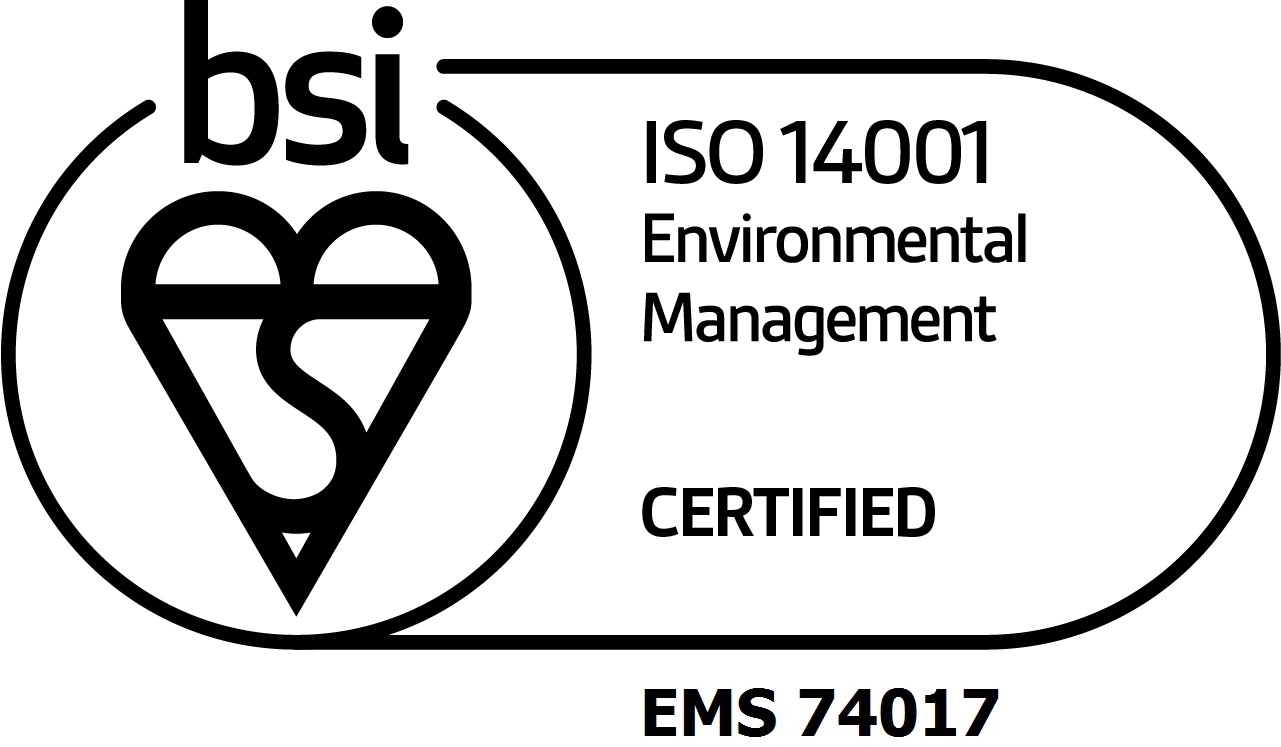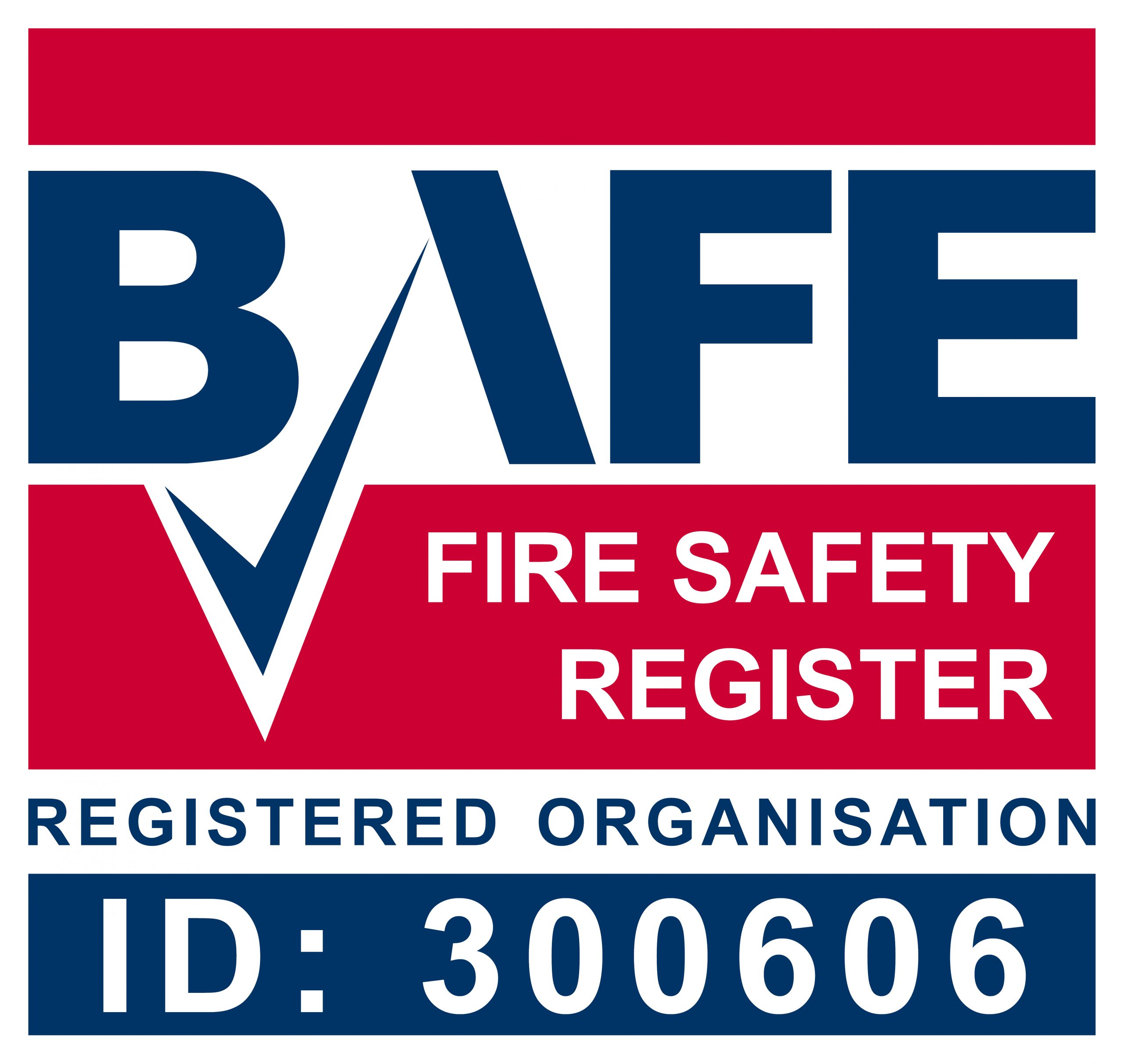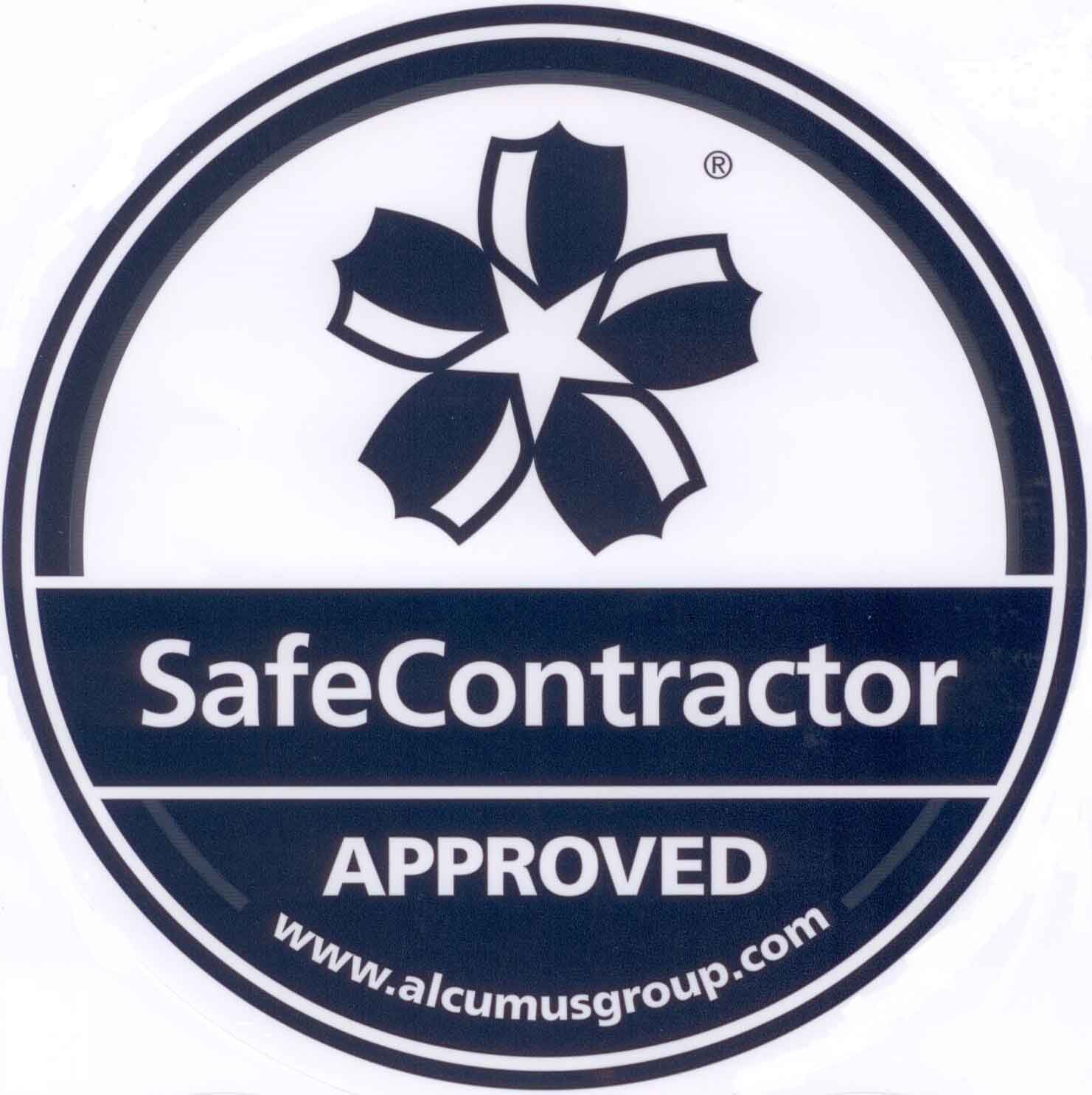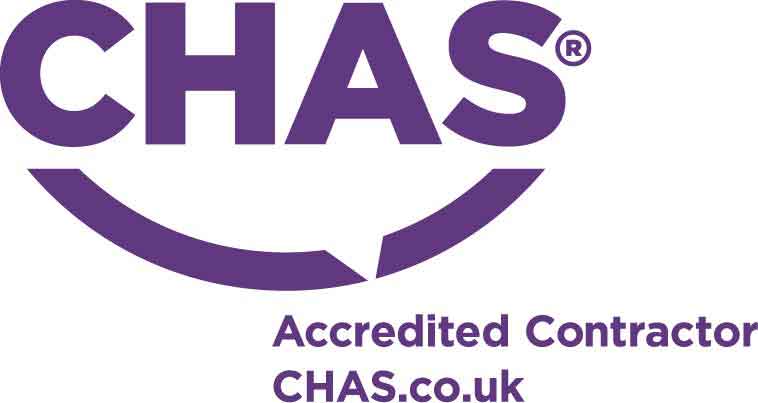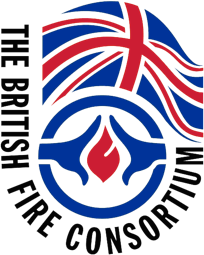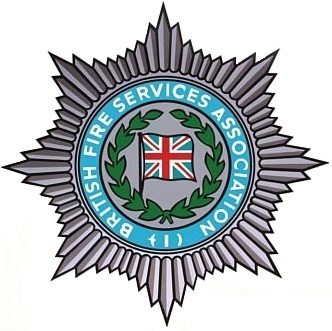Are fire sprinklers required by law?
We are all more aware just how devastating fires in large buildings can be following the catastrophic events at Grenfell Tower in June 2017.
No sprinklers were fitted at Grenfell, partly because at the time there was no legal requirement for them – for residential buildings, sprinkler systems were only a necessity for those at least 30 metres high and built after 2007. Although over twice that height, Grenfell Tower was constructed between 1972 and 1974.
The law was updated in November 2020, so that all blocks of flats that are new or have undergone significant conversions, and are at least 11 metres high, now need to be fitted with fire sprinklers that conform to BS 9251:2021.
The laws covering residential and commercial buildings have significant differences, so this month we’re taking a close look at sprinklers in commercial buildings, and why they play such an important role in keeping buildings fire safe.
If you need a new sprinklers system in your building, give our team a call on [ld_default] – or visit our sprinklers page for more details.
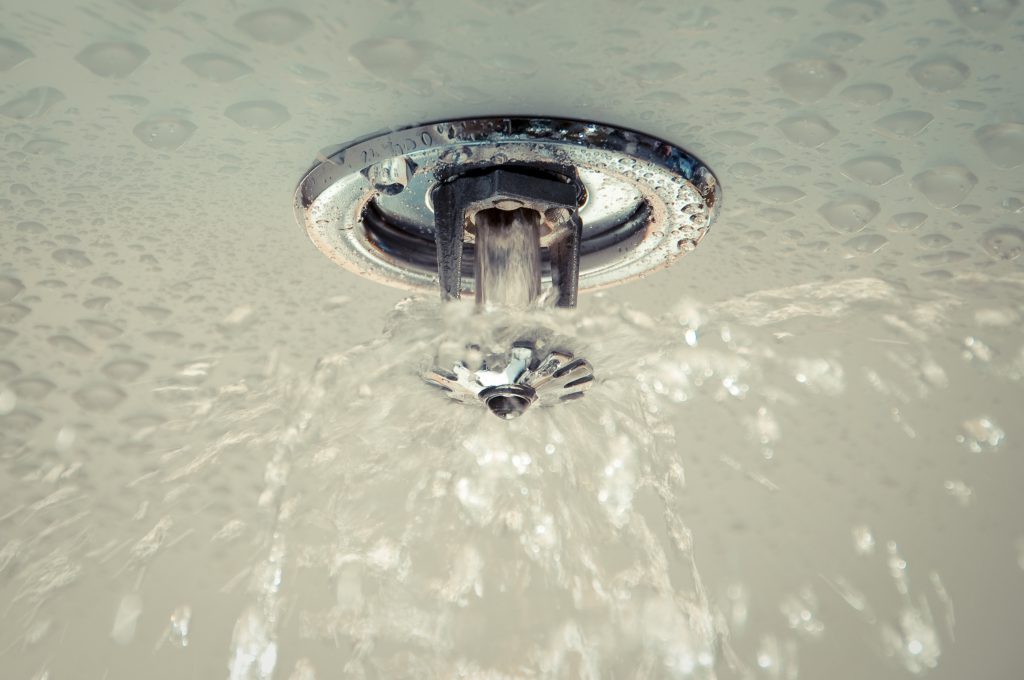
Fire safety sprinklers in commercial buildings
What legal obligations are there for fire sprinklers in commercial buildings? Well, in theory, you only need to fit sprinklers in un-compartmented buildings of at least 20,000 square metres.
However, it isn’t actually quite that straightforward, because every business that employs at least five people or which is open to members of the public is required to carry out a fire risk assessment. If that assessment identifies that there is a need for sprinklers, then the owner needs to address the issue.
It is not actually a legal requirement to fit sprinklers under these circumstances if the owner considers it neither reasonable nor practicable to do so – they could choose to address the issue via improved alarm systems or addressing compartmentation issues, for example. However, they could well face action if there is a subsequent fire leading to injury or death.
Any sprinklers that are fitted need to conform to BS EN 12845:2015 standards, which cover the design, installation and maintenance of automatic sprinkler systems.
How do sprinklers work and how effective are they?
Sprinkler systems comprise a series of water pipes in a building leading to a series of sprinkler heads located in carefully selected positions. The heads are spread out to ensure maximum coverage, but also so that only those within close proximity of any fire are activated, to avoid unnecessary water damage.
When the measured temperature at a sprinkler head within a room reaches a pre-set level, a glass bulb covering the head breaks, allowing water from the pipes to spray over a wide area and hopefully suppress any fire that has broken out.
Extensive research across the world has shown that sprinklers offer the fastest and most effective fire safety measure available, with buildings protected by them suffering just 10% of the losses suffered by unprotected buildings.
Another good indication regarding the effectiveness of sprinklers is that they represent a fire safety measure strongly advocated by the insurance industry, usually those likely to take the biggest financial hit in any significant fire. In fact, many insurance companies won’t even consider covering commercial buildings that are not protected by fire sprinklers.
Make sure your commercial or industrial building meets all necessary fire safety legislation – and protects your staff, premises and property – by having a fire risk assessment carried out by Hoyles Fire & Safety Limited, the local experts across Leeds, Bradford, Huddersfield and the surrounding areas.
We also fit sprinklers that don’t just conform to legally required British safety standards, but which are also covered by the internationally recognised FM Global Regulations and the Loss Prevention Certification Board (LPCB).
To find out more, contact our friendly team today.
By Hoyles Fire and Safety Ltd



